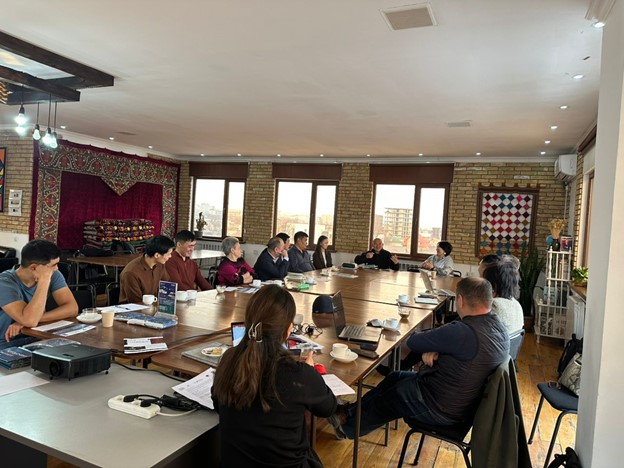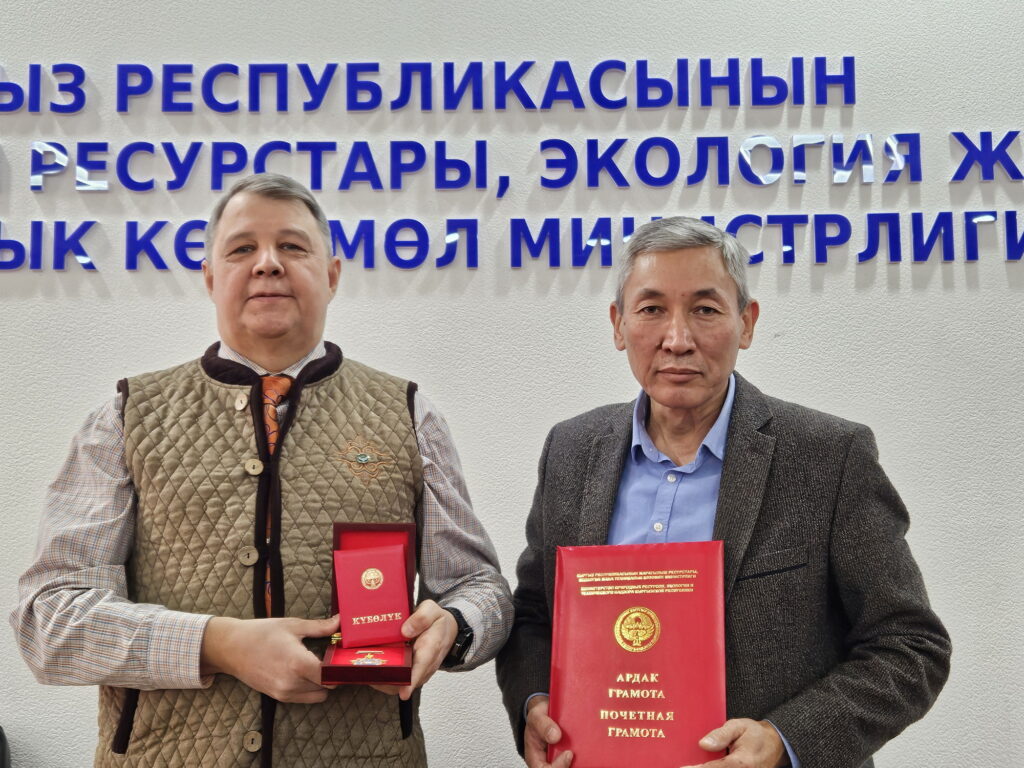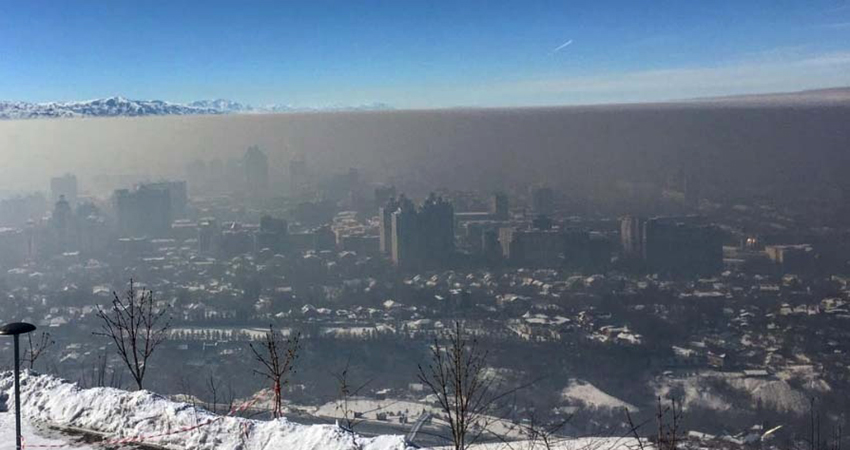On 17 January 2025, Bishkek hosted an expert discussion on the “Concept for the Development of Eco-Tourism in Specially Protected Natural Areas”.
The event was organized by the Silk Road Public Foundation with participation from specialists from the Department of Tourism under the Ministry of Economy and Commerce of the Kyrgyz Republic, the Department of Biodiversity Conservation and Protected Areas under the Ministry of Natural Resources, Ecology and Technical Supervision of the Kyrgyz Republic, non-governmental organizations in the tourism sector, and the branch of the Regional Environmental Centre for Central Asia in Kyrgyzstan.

The main focus of the discussion was the development of ecological tourism through the introduction of a public-private partnership (PPP) mechanism. It is important to note that the development of ecological tourism based on PPP in protected areas is not yet widespread due to restrictions imposed by regulatory and legal frameworks. At the initiative of the Department of Biodiversity Conservation and Protected Areas, and with financial support from the GEF Small Grants Program, work began on creating a concept for the implementation of the PPP mechanism for tourism development.
Participants in the expert discussion highlighted the annual growth of Kyrgyzstan’s tourism sector, particularly ecological and adventure tourism, with visits to mountainous regions, villages, and explorations of local traditions and natural features. However, the discussion also addressed the negative impacts of tourism, often due to insufficient education about tourism in mountainous areas, the unique characteristics of protected areas, and the lack of professional guides and proper tourism infrastructure.

The Director of the branch of the Regional Environmental Centre for Central Asia (CAREC) in Kyrgyzstan, Kuban Matraimov, emphasized that the PPP mechanism should not only foster tourism development but also focus on biodiversity conservation. The primary role of protected area specialists is to safeguard natural ecosystems and regulate the activities of contracted partners providing tourism services. Thus, private organizations should be incorporated into the PPP mechanism to relieve the burden on protected area specialists and generate additional revenue.
This discussion marks the initial stage of developing a concept for implementing the PPP mechanism for tourism development in protected areas. Further discussions will continue throughout the year, with the approval of the document by the Government of the Kyrgyz Republic expected in the future.
In addition to the main topic, the discussion also covered several other areas, including the potential of eco-tourism guides, their certification and training, career development and job security, the creation of eco-tourism routes, improvements in tourism infrastructure, and the installation of visitor centers.
At the conclusion of the meeting, it was decided to organize a similar discussion in the first quarter, involving representatives from universities and tourism companies.
Additional information:
Kuban Matraimov, Director of CAREC Country Office for Kyrgyzstan, kmatraimov@carececo.org



